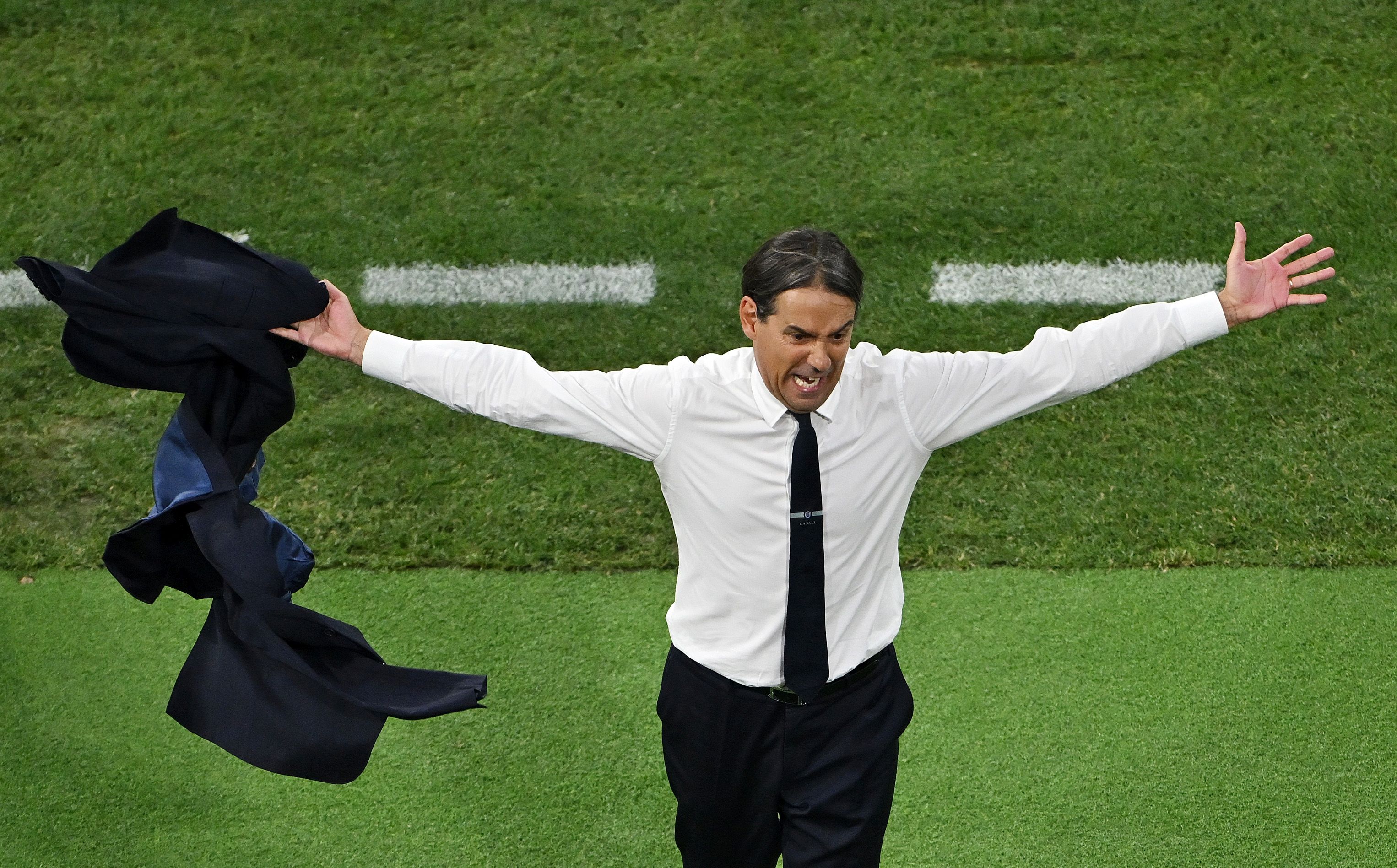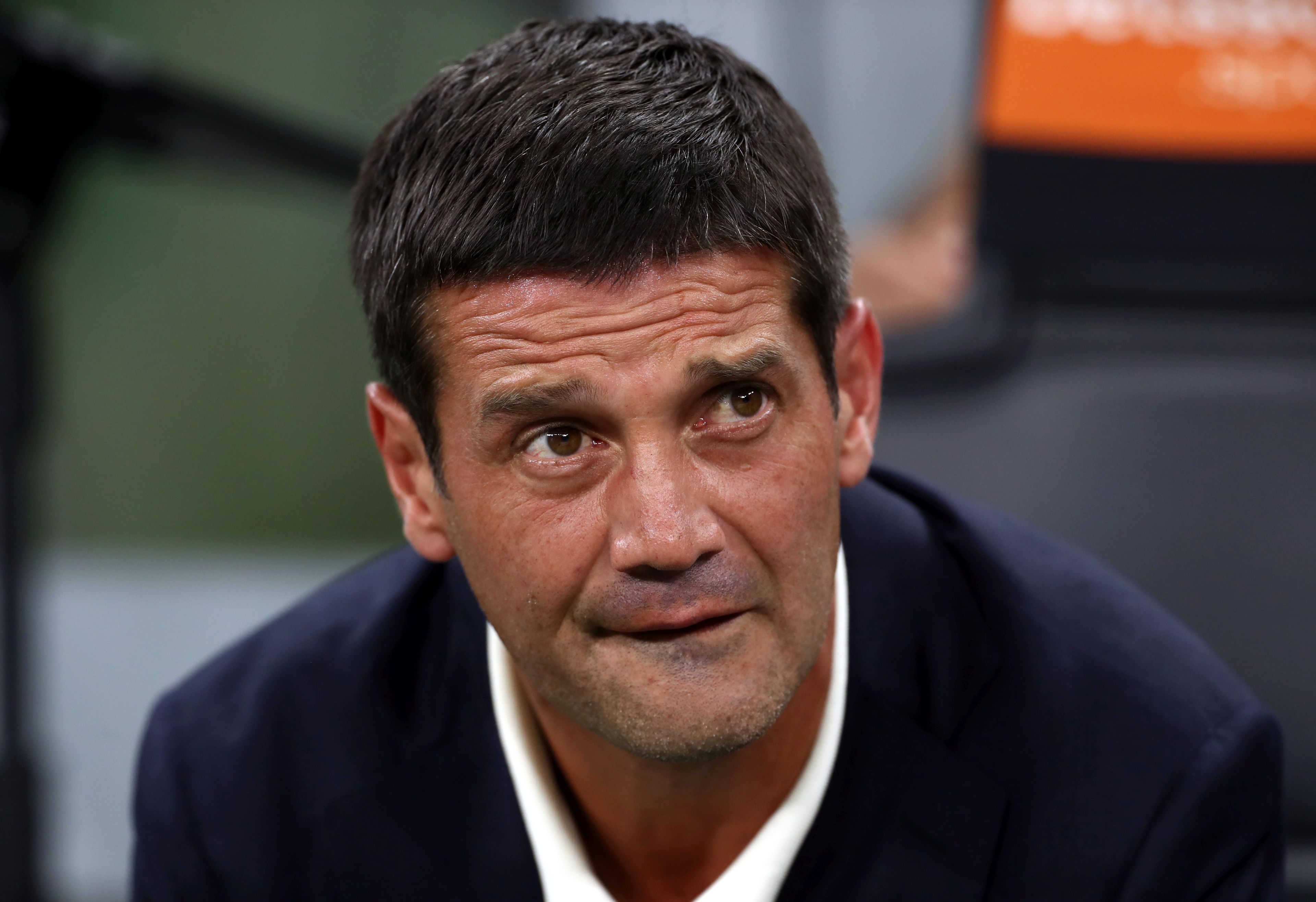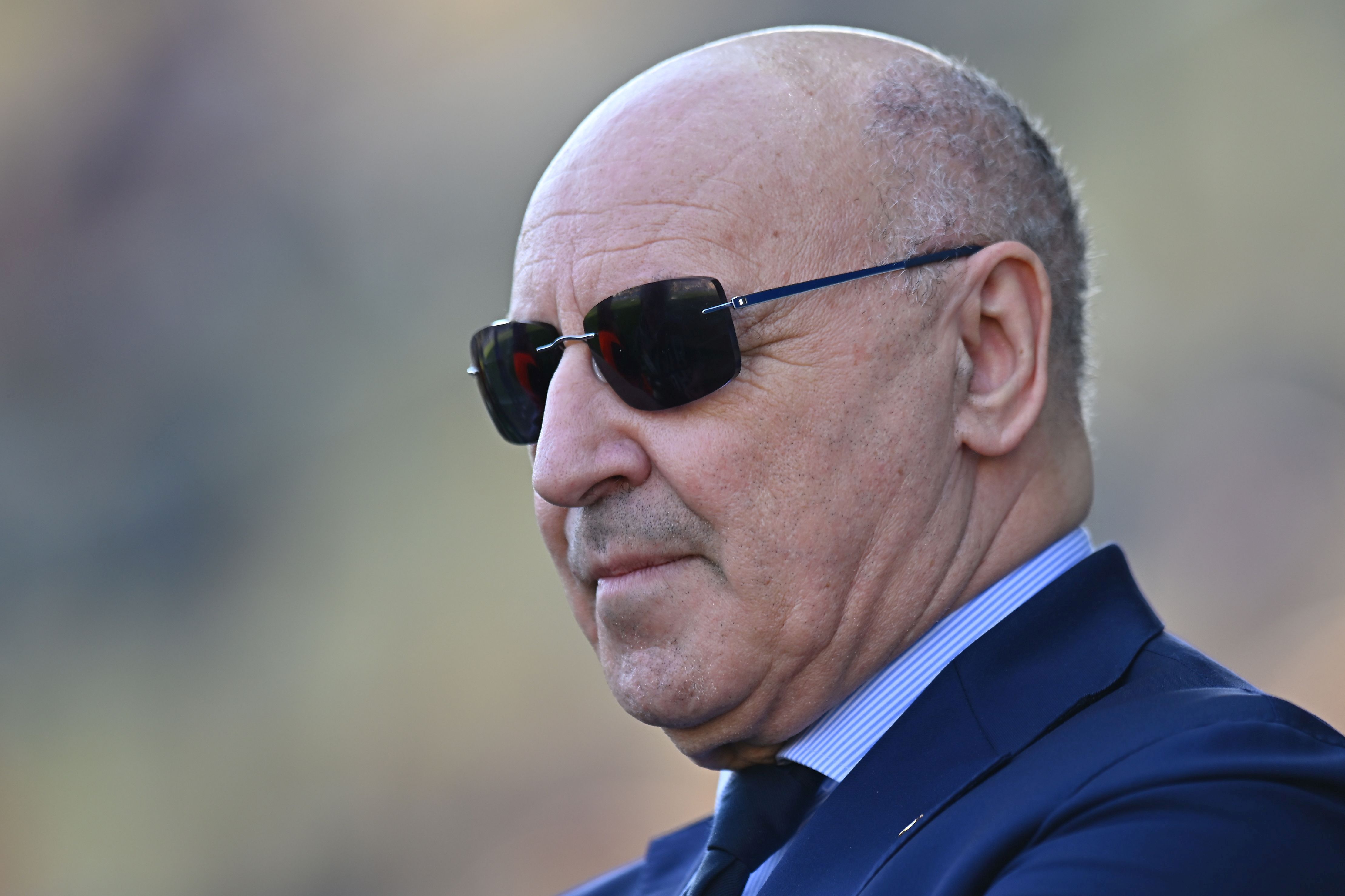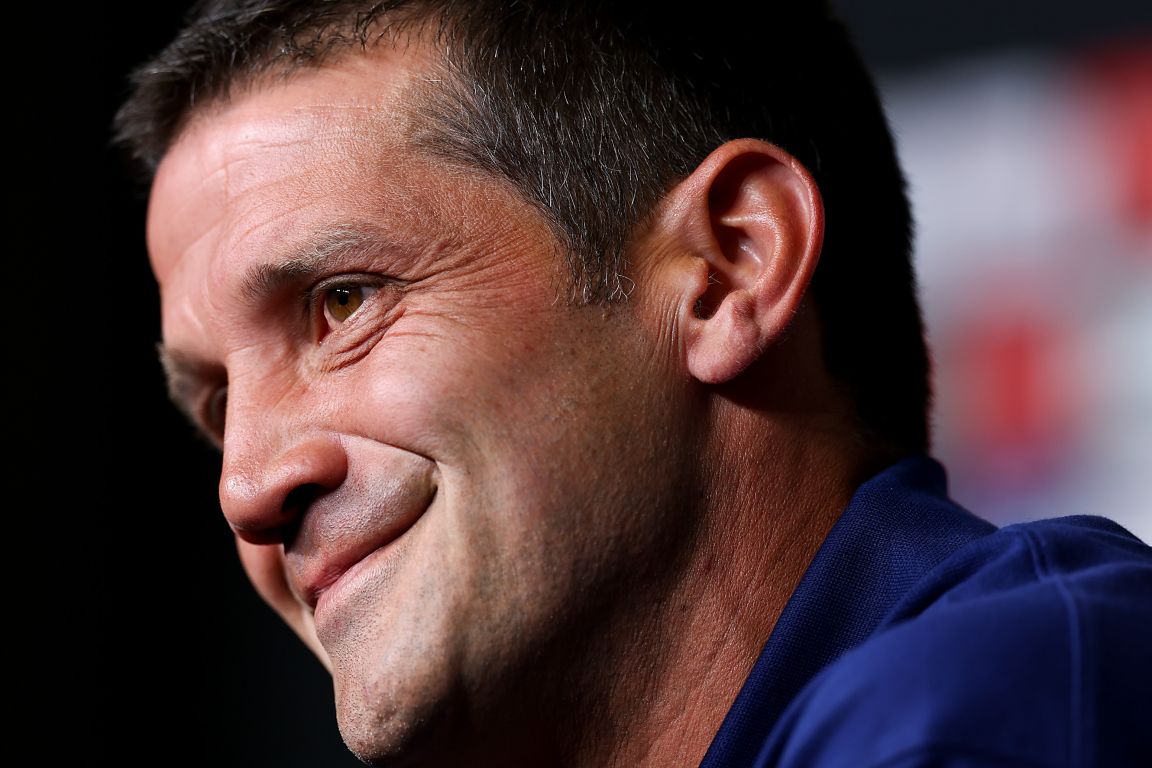In Italy, le chiacchiere — the chatter — never stops, especially in the Italian media when it comes to Inter Milan.
For every victory, there’s a louder story about drama, crisis, or money. But if you look beyond the noise, you’ll find something extraordinary happening at Inter.
This is not just a football club right now, it’s a living masterclass in leadership, discipline, and resilience.
Let’s be honest: a 5–0 defeat hurts. Against Paris Saint-Germain, there was no match — and almost immediately, everything felt broken.
Within hours, analysts declared the end of a cycle. A few days after, Simone Inzaghi was gone — off to Saudi Arabia — and the headlines wrote themselves: Inter in crisis.
Inter Milan After The Collapse

Had he won the Champions League in Munich, maybe he would have stayed. But losing another final made that far more difficult.
Some could argue that his departure was already inked before the final whistle, an opportunistic move that followed the money rather than the mission.
The fans are right to feel disappointed. It’s hard to accept when a leader walks away from a great team he helped build.
But i grandi, the great ones, behave differently. The day after that defeat, Inter didn’t sulk or spin a narrative. They trained. And prepared.
They behaved as if it had never happened — not from arrogance, but conviction. Because at Inter, failure is never final. It’s benzina, fuel for growth.
This is what great leadership looks like in real life: when others see collapse, Inter see construction.
Cristian Chivu – A Silent Leader

Then came Cristian Chivu, calm, humble, largely unknown outside of Inter’s youth system.
No slogans, no noise, just quiet competence. From the outside, appointing him looked like a risk. From the inside, it looked like trust.
Chivu didn’t try to erase Inzaghi’s legacy; he embraced its evolution. The players responded not with words, but with the right attitude.
The same calm that once came from the bench now comes from the locker room. No drama, no panic, just lavoro: work.
And it shows on the pitch. Inter is playing really well with Chivu as a new leader.
Inter Milan Take Calculated Risks – As A Strategy

While the media focused on speculation and ownership, Inter continued to operate like a modern organization. Constraints were not excuses; they were opportunities to refine.
Under Giuseppe Marotta, Inter have made a virtue of structure, managing risk, contracts, and value with a precision most clubs only talk about.
Where others chase noise, Inter have mastered silence. Fare tanto, parlare poco — do a lot, talk little. That’s their competitive advantage.
Resilience as Identity
Resilience, for Inter, isn’t about surviving chaos, it’s about controlling the tempo when the world speeds up. This team has stopped reacting and started dictating: in tone, in planning, in narrative.
Even as speculation intensified, Inter stayed composed. The players followed their leaders’ cue ,focused, united, professional.
In a culture addicted to crisis, Inter are redefining what composure looks like.
A Lesson in Leadership

Momentum isn’t magic; it’s discipline. It’s fiducia — trust — built day by day, training after training, decision after decision.
Inter have learned that risk isn’t the enemy, that failure is a teacher, and that leadership means keeping your identity when everything else feels uncertain. That’s not just sport — that’s strategy.
Because in the end, greatness isn’t about how you celebrate victory, but how you behave after defeat. And in that sense, Inter remain — semplicemente Inter.
By: Andrea Zanon
Andrea Zanon is the co-founder of Confidente. He is an international advisor who has worked for financial institutions and entrepreneurs on sustainability, international affairs and development.

